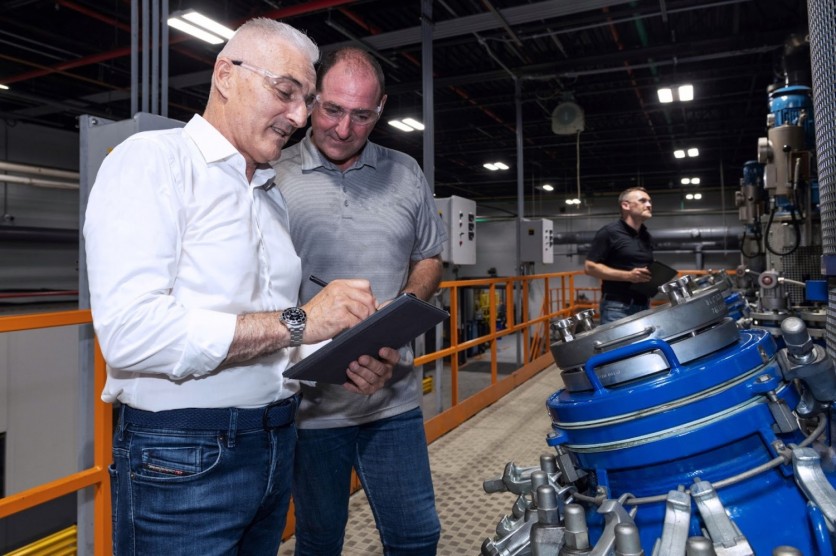
In response to pressing environmental concerns and resource depletion in the precious metals industry, Claudio Ferrini, a global consultant in the sector, has developed a new reactor designed specifically for the efficient dissolution of small lots of precious metal scraps.
Environmental Challenges and Sustainable Solutions
Mining for precious metals such as gold, silver, and platinum often leads to significant environmental harm. Techniques like open-pit mining disrupt large areas, destroy habitats, and can contaminate soil and water. Producing a single gold wedding ring may generate up to 20 tons of waste. Additionally, mining consumes substantial amounts of water, particularly in arid regions, and risks water pollution from acid mine drainage and toxic substances like cyanide and mercury.
Air pollution from particulate matter and greenhouse gases is another major concern, with metal mining contributing heavily to toxic emissions. As high-grade ores dwindle, mining lower-grade ores increases waste and environmental impact. This exacerbates environmental degradation and demands more energy-intensive processes to extract and refine metals. Consequently, the cumulative effect of these practices poses a significant threat to both ecosystems and human health.
Claudio Ferrini's reactor substantially decreases chemical waste generation. In an industry where chemical usage is a major environmental concern, this waste reduction is a step toward more sustainable practices. Minimizing chemical waste reduces the risk of environmental contamination and lowers the costs and environmental impact of waste disposal.
The reactor's design, utilizing corrosion-resistant and durable materials, ensures it can withstand the harsh chemical environments inherent in precious metal refining while maintaining efficiency. This durability translates to a longer operational life and reduced need for replacement, further contributing to resource conservation.
The Effects of Claudio Ferrini's Contributions to the Industry
The European metals industry estimates that recycled gold accounts for about 25–30% of the global gold supply annually. Increasing this percentage through more efficient recycling technologies like Ferrini's reactor could substantially reduce the need for environmentally damaging mining operations.
Moreover, as the demand for precious metals in various industries—from electronics to renewable energy technologies—continues to grow, the ability to efficiently recycle and reprocess these metals becomes crucial. This advancement promotes sustainability by reducing waste and energy consumption while enhancing resource utilization and overall environmental responsibility.
As the industry tackles these challenges, sustainable technologies and processes can balance the growing demand for precious metals with the imperative of environmental responsibility. Beyond finding new deposits, the future of the precious metals industry also lies in developing smarter, more sustainable ways to extract, process, and recycle these valuable resources.
"What we're seeing is a shift in mindset," Ferrini concludes. "Companies are realizing that innovation isn't just about solving today's problems; it's about preparing for tomorrow's challenges."
Claudio Ferrini's work shows that even in industries with long histories, there is always room for improvement. The new reactor is both a technological advancement and, more importantly, a way to encourage the industry to embrace change.
ⓒ 2025 TECHTIMES.com All rights reserved. Do not reproduce without permission.




